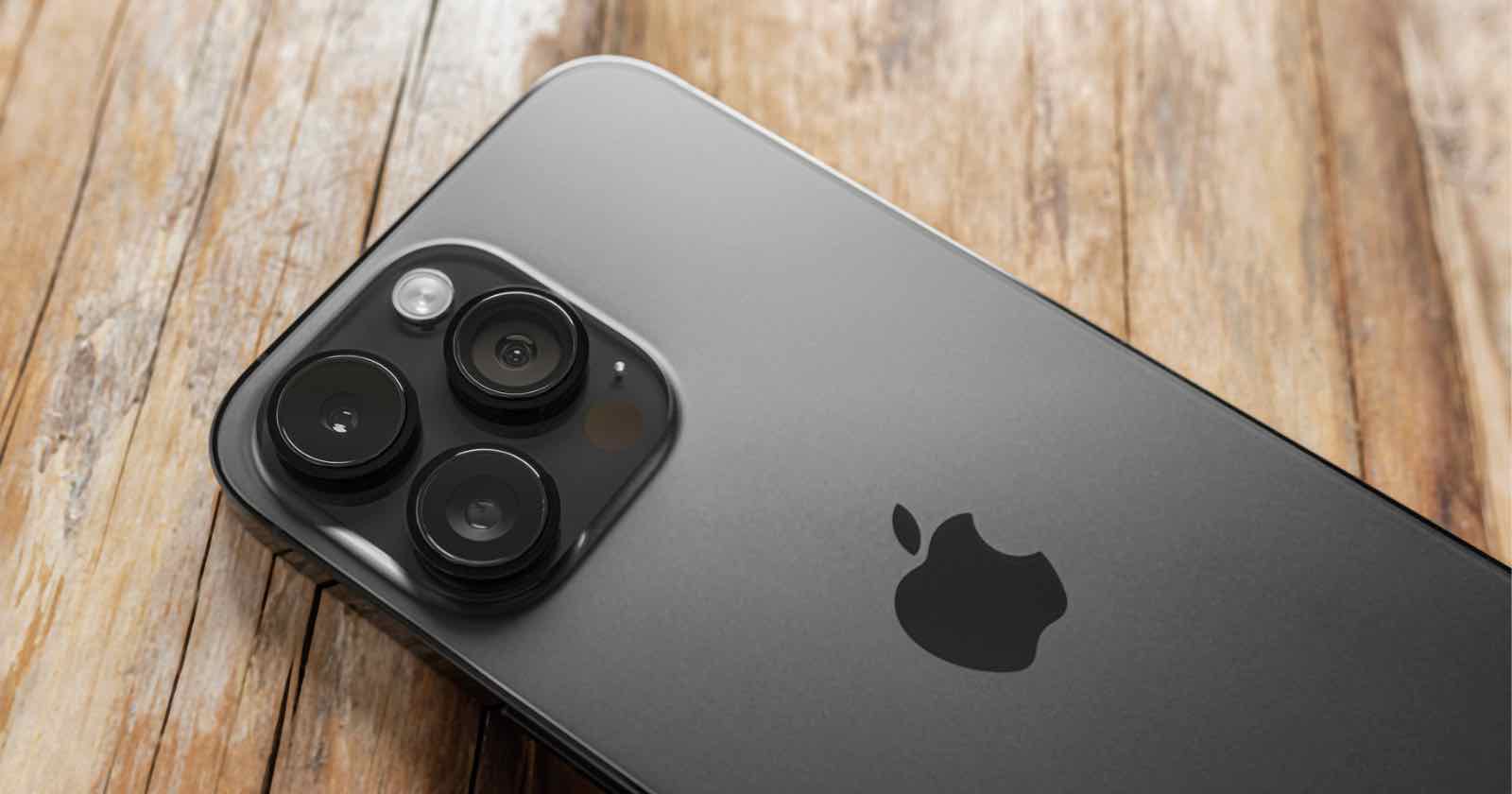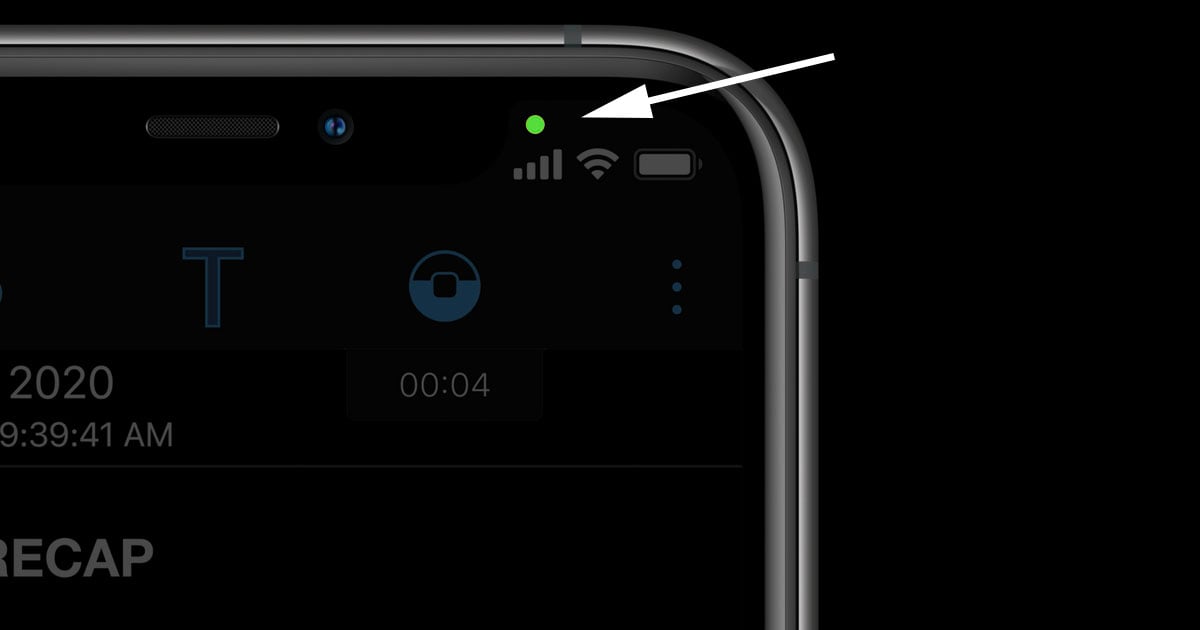Man Sues Apple for $5 Million for Not Recovering His Photos After iPhone Theft

A man has filed a lawsuit against Apple for failing to recover his photos and data after his iPhone was stolen.
53-year-old tech executive Michael Mathews is suing Apple, demanding access to two terabytes of data and at least $5 million in damages from the company.
According to a report by The Washington Post, Mathews’ iPhone was stolen after he was targeted by pickpockets in Scottsdale, Arizona.
The tech executive, who is originally from Minnesota, lost access to photos, music, tax returns, and research related to his work.
In a lawsuit that was filed in U.S. District Court for the Northern District of California in January (that was first reported on by The Washington Post this weekend), Mathews says that the loss of his iPhone’s photos and data made up his “entire digital life, including that of his family.”
Mathews says that Apple failed to do enough to recover his photos and data after having his iPhone stolen. He claims his tech consulting firm had to shut down entirely following this loss.
‘Apple is Holding Onto Data They Don’t Own’
The main issue in this case involves Apple’s Recovery Key, a security feature that’s part of their Advanced Data Protection (ADP) system. The Recovery Key is a 28-digit code that lets users get back into their account if they forget their Apple ID password.
In Mathews’ situation, the thief reportedly got into his iPhone, changed the password, and set up a new Recovery Key. When this happens, not even Apple can help recover the account, because the data is fully encrypted and can only be unlocked using the correct Recovery Key.
Mathews argues that Apple should still help, since the data belongs to the user, not Apple.
“Even though Mathews is able to provide substantial and unquestionable evidence that the accounts and the data in his Apple accounts are his, Apple nevertheless refuses to reset the Recovery Key or allow Mathews access to his accounts and data,” the complaint says. “In so doing, Apple perpetuates and aids the hackers in their criminal activity.”
Mathews’ case is currently entering the discovery phase, a process of pretrial evidence-gathering that is expected to last at least six to eight months. This case could raise questions about how tech companies, like Apple, should balance strong privacy and security with being able to help users recover their data in emergencies.
“What’s indefensible is Apple holding on to data that they don’t own,” K. Jon Breyer, Mathews’ lawyer, tells The Washington Post. “That’s a question Apple continues to refuse to answer. Under what basis do you get to keep your users’ data and not return it?”
While Apple didn’t comment on the case specifically, the company tells The Washington Post that it sympathizes with victims of crime.
“We sympathize with people who have had this experience and we take all attacks on our users very seriously, no matter how rare,” Apple says in a statement.
Last year, PetaPixel reported on the growing number of frustrated Instagram and Facebook users who are using the U.S. court system to get their hacked, lost, or locked accounts back. Social media users have been suing Meta in small claims court to recover their lost accounts due to the company’s lack of customer service help.
Image credits: Header photo licensed via Depositphotos.



